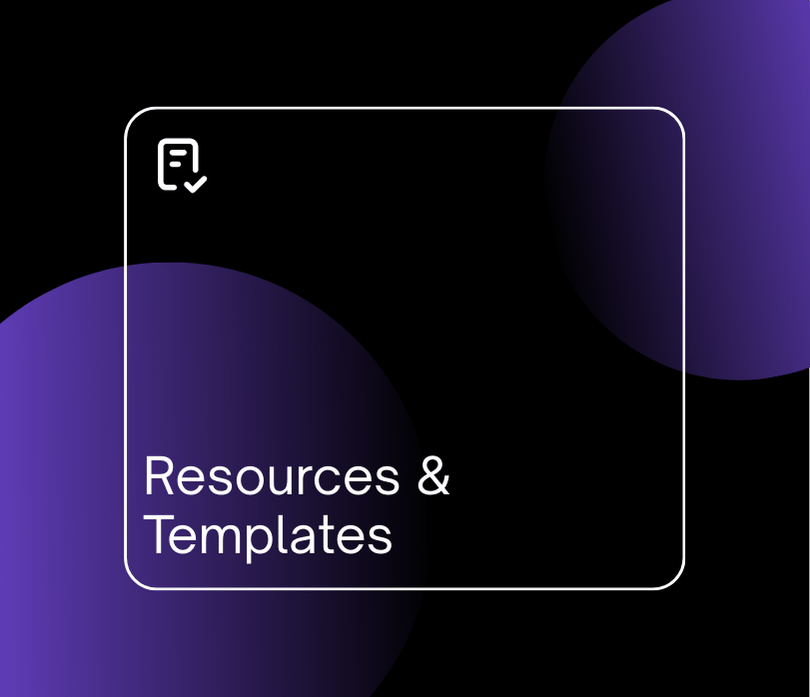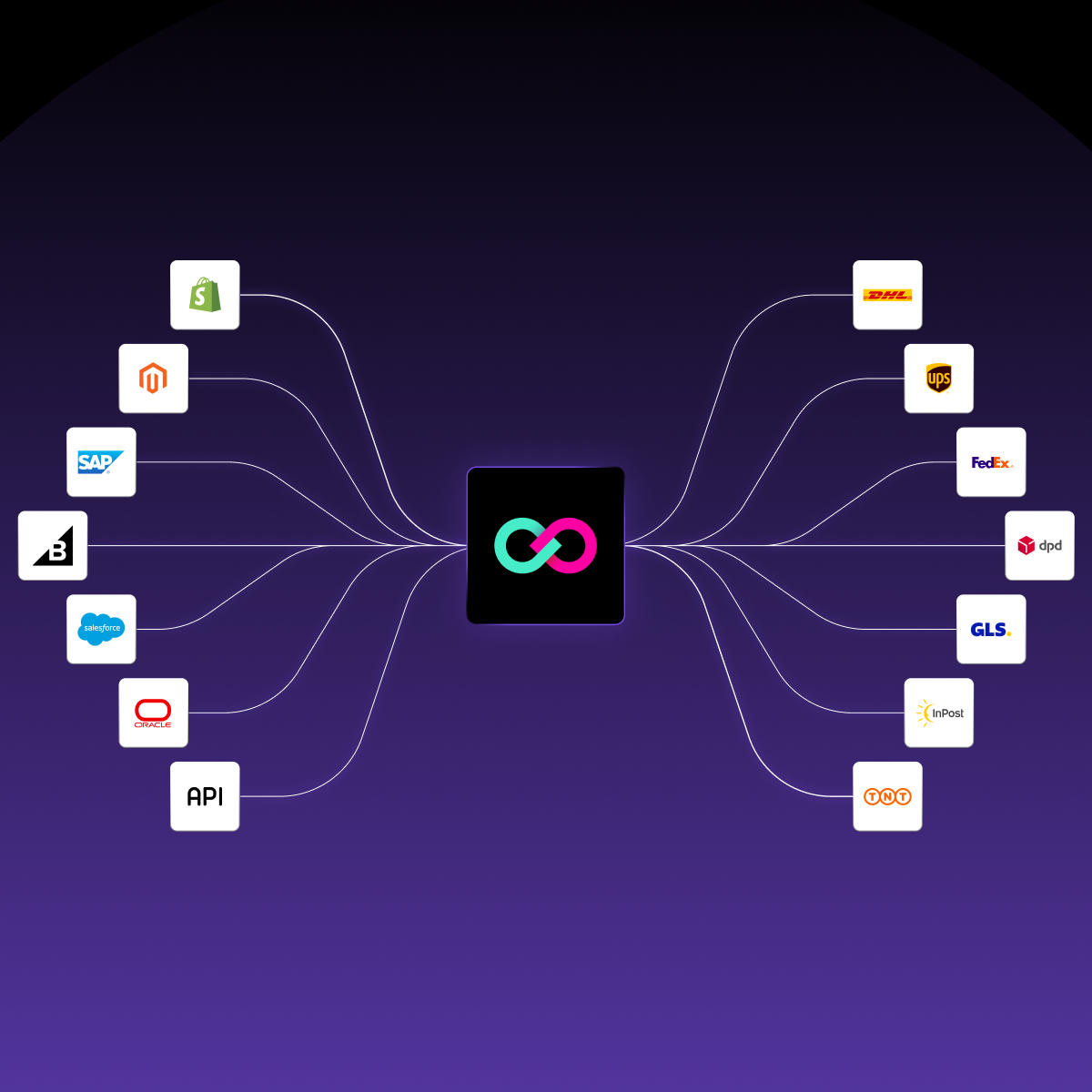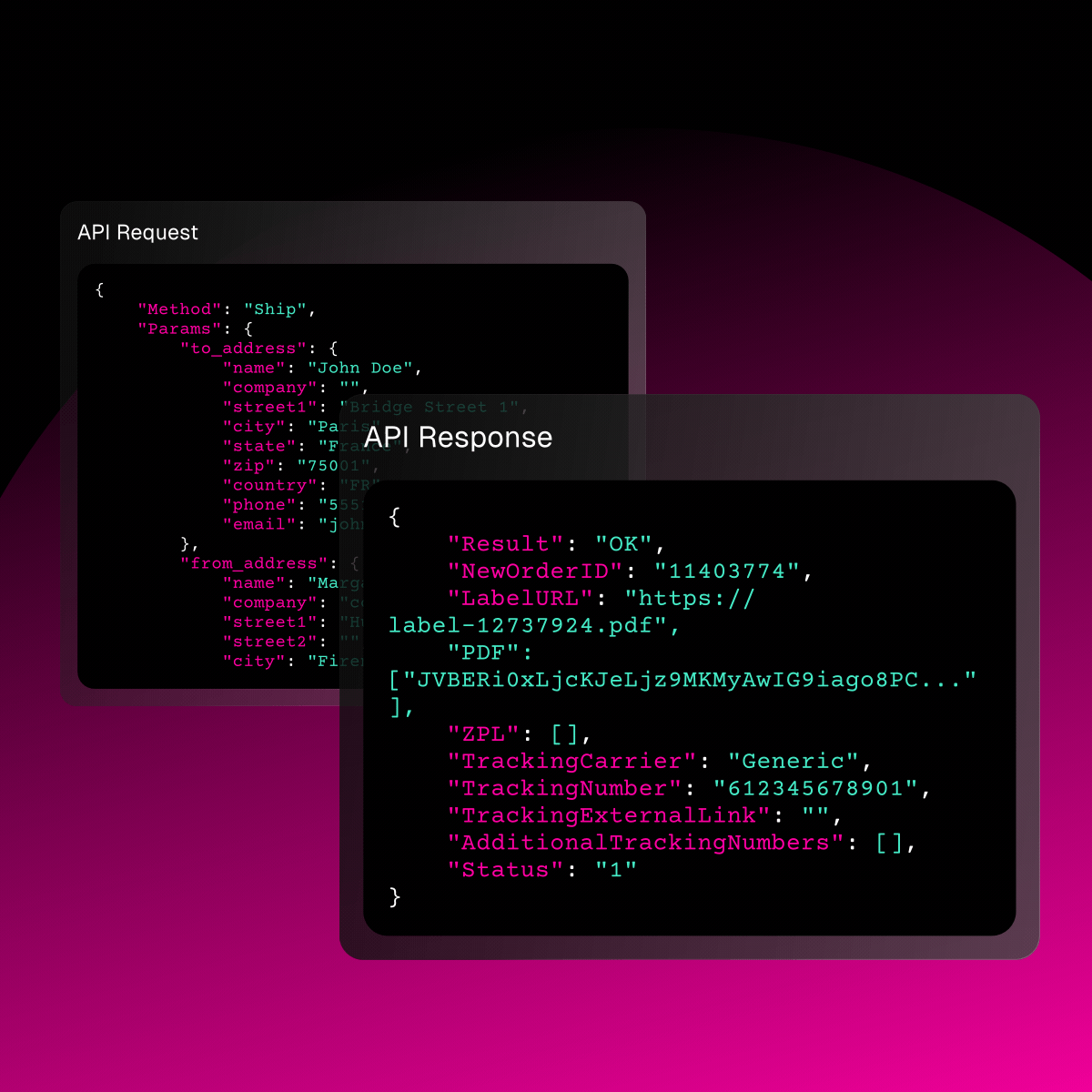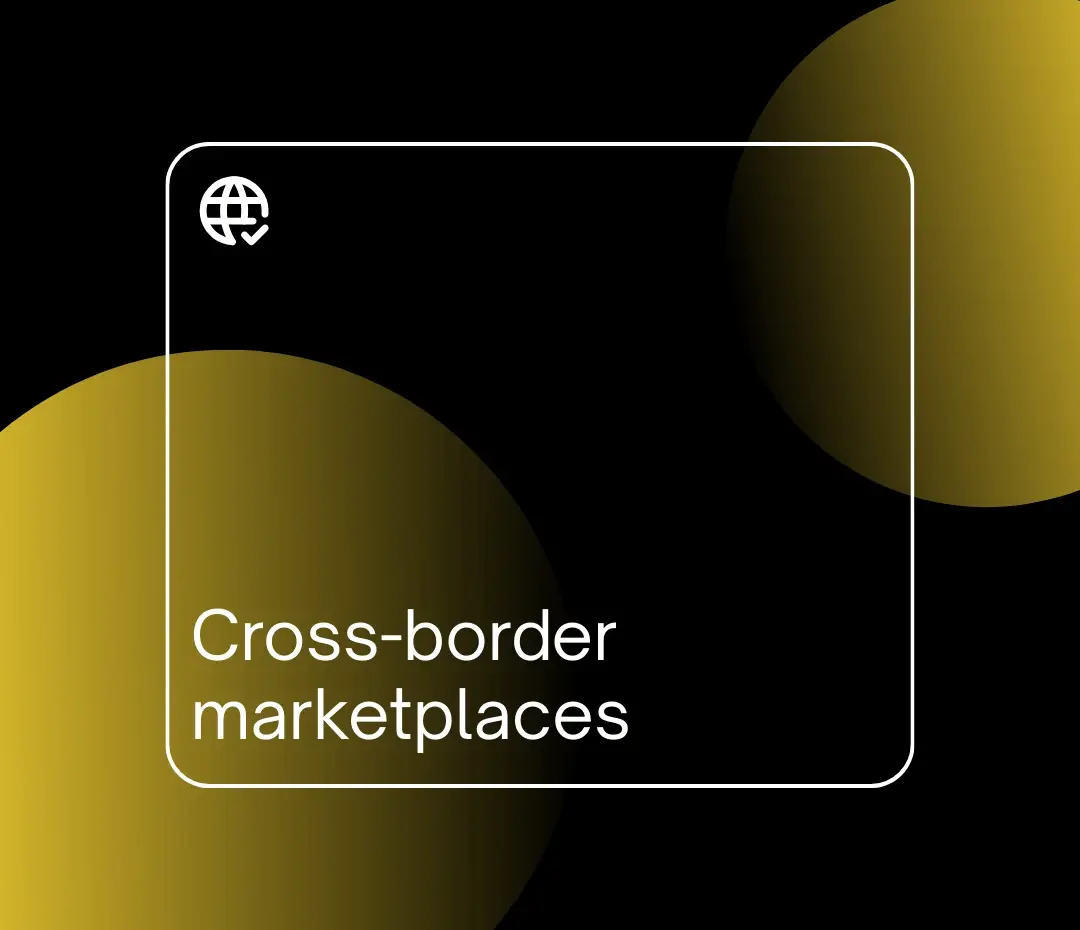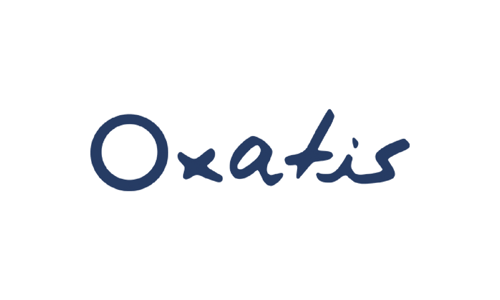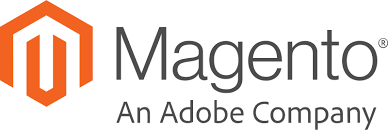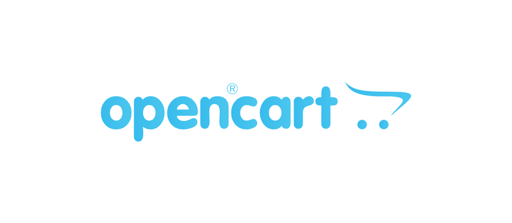The Top 6 E-commerce CMS in France
Are you starting your online business? Do you want to quickly and easily create a website? The solution is a Content Management System or CMS.
In France, there are more than thirty Content Management Systems (or CMS) and in this article, we explain in detail the pros and cons of the Top 6 CMS to sell your products in France.
What is a CMS and why is it important?
A CMS allows you to create a website via an easy-to-use interface. This computer program works with a database and allows you to manage all the content of a website.
Among all the CMS that exist in France, it is important to choose the one that offers you a practical and easy management of the content of your site.
With an E-commerce CMS, you can decide the appearance of the pages, while setting up the internal processes of the site. For example, the automatic sending of emails for cart abandonment or the automatic printing of shipping labels.
Aside from the convenience of the CMS, it also allows you to integrate tools, such as caches to improve the loading speed of your site or even the automatic sharing of recent content on your social networks.
You do not need to know about web development and coding. Thanks to the CMS, you can create a dynamic and responsive website that reflects your brand.
The best E-commerce CMS in France
Shopify
One of the easiest solutions is the Shopify E-commerce platform. Its customizable and mobile-friendly templates allow you to control the appearance, usability, content, and colors of your site and no technical skills are required.
Whether you sell online or on social media, Shopify goes with you everywhere. Shopify represents around 800,000 customers in France. You can test Shopify for free for 14 days before choosing one of the 3 formulas: Basic at 26 euros (29 dollars), Professional at 71 euros (79 dollars) or Advanced at 269 euros (299 dollars).
This E-commerce CMS is mainly aimed at beginner e-merchants who are looking to create a functional online store in just a few days and for good value for money.
The advantages of Shopify :
- An intuitive and easy-to-use back office.
- A wide range of features to diversify your e-commerce, such as the creation of a product showcase suitable for mobile commerce, a shopping cart with payment gateways and shipping options or even the management of shop with order processing, customer profiles, etc.
- Simple use of customizable templates for the design and layout of your website.
- A wide range of applications in their app store to easily manage: marketing, payments, UX and shipping.
- Web hosting and SEO settings.
The disadvantages of Shopify:
- Transaction costs are incurred depending on the formula chosen. For the Basic formula, Shopify recovers 2% of the turnover achieved. For the Professional formula, 1% is taken and 0.5% for the Advanced formula.
- No free plan, but a 14-day free trial version.
- Personalization limited to the capacities of the e-commerce platform as well as to the selected theme.
- No B2B functionality out of the box.
Oxatis
Oxatis is an e-commerce solution for SMEs, it allows creating online merchant sites using SaaS technology. This e-commerce platform offers a complete service for a monthly subscription of 99 euros.
Oxatis has more than 8,500 customers in Europe in 21 business sectors. This e-commerce platform is mainly aimed at companies with turnover between € 100K and € 30M.
The advantages of Oxatis :
- SaaS technology, which is based on subscribing to software services over the Internet rather than having to install it on your own servers or computers.
- E-commerce solution is fully adaptable to B2C and B2B companies.
- More than 420 functionalities adapted to each stage of development of your site: mobile, marketplaces, social networks, 50 means of payment and 20 delivery methods.
The disadvantages of Oxatis :
- Not 100% flexible
- Too restrictive
- Expensive
Woocommerce
Technically, Woocommerce does not enable you to create an e-commerce site. Rather, it is an extension to add to your WordPress site. Simple and quick, installing this extension allows you to create an online store with no technical skills required.
WordPress focuses on optimizing web pages and also lets you install many extensions in order to improve your SEO. In France, Woocommerce represents more than 22% of the market share with a free configuration.
Woocommerce is the most popular e-commerce solution in the world and will be perfect for companies that are just starting to sell their products. In fact, this extension increases traffic, both through your online store and through the content published on your site.
The advantages of Woocommerce :
- Completely free and open-source extension, that is the source code of a software is made public and accessible so that it can be modified or enriched by anyone.
- 100% customizable and reliable extension. Since this extension is used in WordPress, you can, therefore, have access to different themes to personalize your site. Open Source also offers the possibility of deepening this customization by adding shortcodes.
- Very flexible extension and with a large helpful community. No need to know the programming, everything is managed from the administration interface of your site. The extension is very popular, you can find help from many French-speaking communities to create or modify your site using this e-commerce CMS.
The disadvantages of Woocommerce :
- Paid extensions. When developing your website in WordPress, you may want to customize it using paid extensions, sometimes expensive.
- WordPress regularly updates its software, which can cause bugs due to older extensions.
- The loading time of the website and its extensibility.
Prestashop
Prestashop is a reference software for the creation of an e-commerce site in France. Developed by 5 French students in 2005 on the WordPress model, that is to say in Open Source, the software is completely free. As for hosting Prestashop, you can do it on your own servers or go through the provider of your choice.
Over 50,000 French companies use this e-commerce platform. Its administration interface offers quality ergonomics and ease of use. Prestashop teams can also help you directly with the development of your site by paying 399 euros for 6 hours of support.
Prestashop is an E-commerce CMS which is primarily intended for very small businesses and SMEs. Even if the installation is free, its development is for a fee and requires technical skills to handle it. You will, therefore, have to go through an occasional or full-time developer.
The advantages of Prestashop :
- Open Source software, therefore completely free and whose source code can be modified or enriched by anyone.
- A very large community of e-merchants who already trust Prestashop. In addition, the software is in French, as well as all the documentation.
- A wide range of modules to install to perfect your e-commerce solution. From design to payment via Marketplaces, there are more than 4000 compatible plugins.
The disadvantages of Prestashop :
- The loading speed of the store could be improved.
- Some modules can be expensive and the learning curve for administrators can be quite complicated.
- It can be difficult to upgrade major versions since you have to customize and rebuild all of your code and modules.
Magento
Magento is one of the most used CMS in the world and one of the best performing. This e-commerce platform offers 3 versions: one free in Open Source, the “Small Business” in cloud costs around € 2,000 / year and the last “Commerce” intended for large companies costs € 15,000 / year.
This E-commerce CMS more often corresponds to medium and large companies. It is not the easiest e-commerce solution to develop since the first two versions almost always require the help of a developer or an e-commerce agency.
On the other hand, Magento offers many functionalities with almost infinite possibilities of personalization. The platform allows you to manage large product catalogs with thousands of references.
The advantages of Magento :
- A set of advanced SEO functionalities which however requires the intervention of a consultant or an SEO agency since nothing is preconfigured.
- Optimal extensibility thanks to more than 4,000 extensions ranging from 0 euros to several hundred euros.
- Multiple customization options thanks to the themes or extensions available on the Marketplace. However, Magento leaves room for those who would like to develop a custom theme.
- A huge community of around 350,000 users on the forum for users of the Open Source version. Those who chose the version “Commerce” or “Small Business” benefit from the built-in support in the offer.
The disadvantages of Magento :
- Complex and non-intuitive customization that almost always requires the assistance of an expert.
- The paid versions of the e-commerce platform are very expensive.
- The hosting of the website is not taken into account by Magento.
Opencart
Opencart is a software for creating e-commerce sites, Opencart is a turnkey solution. It provides all the standard functionality of an online store. Just download it and install it on a web server you manage.
The E-commerce platform is available in several languages and offers different currencies. The software is full, free life with some paid plugins. However, it is not recommended for beginners because the controlling remains complicated.
The advantages of Opencart :
- Light file and therefore faster than others.
- The user interface is simple and relatively easy to learn as well as manage.
- Unlike other CMS, Opencart has many shipping and payment methods built into the software.
- There are several free modules and themes.
- Opencart has a lot of developers, so you can get help easily.
- The price for developing Opencart is relatively inexpensive compared to other software.
- Opencart consumes less of the resource server and is easy to maintain.
The disadvantages of Opencart :
- It is not suitable for large-scale businesses.
- It does not provide as much functionality as Magento.
- Since it is easy to learn, vulnerable and poor quality modules are available on the Internet.
- The cache management is not available immediately.
E-commerce CMS in summary
Whether you are a small or a large company, the content management system is essential to create your online store. The choice of CMS will be made according to your different needs and abilities.
Are you resourceful and want to opt for an e-commerce solution that is easy to manage and inexpensive? The Shopify, Woocommerce and even Opencart platforms are E-commerce CMS are perfect for beginners.
If your business is already well established, your product catalog is large and you have the money to invest in a high-performance E-commerce CMS, then Oxatis, Prestashop or Magento are the software you need.
When launching an online store, it is essential to be well organized so as not to get mixed up. With different marketplaces, multiple delivery methods and different carriers, you can quickly be overwhelmed.
This is why ShippyPro offers a great solution to connect your CMS and manage your orders easily.
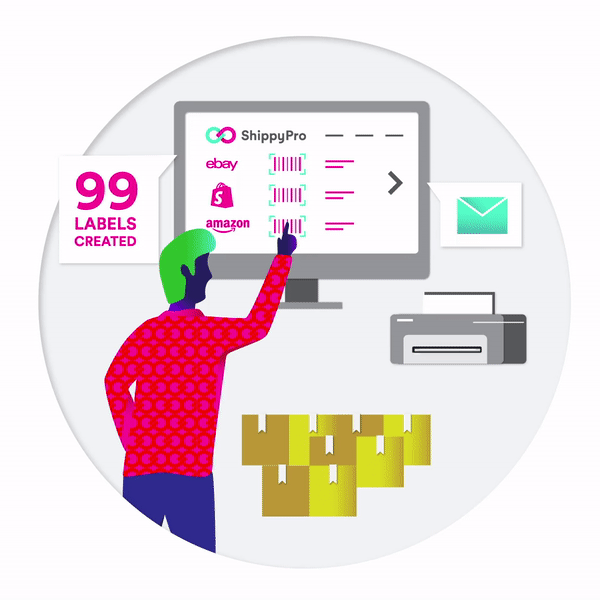
Save time by automating the printing of shipping labels, sending order status notifications and creating return labels. You will still have control over your orders with an overview on a single platform.
ShippyPro also compares the rates of your carriers to find the best for each order. Test for free and take your business to the next level.
ShippyPro is the complete shipping software for online and offline retail. With Label Creator, Track & Trace, Easy Return and Analytics features, our software simplifies your shipping operations. ShippyPro integrates with over 180 carriers and 80 sales channels, making it compatible with a wide range of products and use cases.

